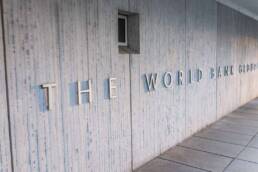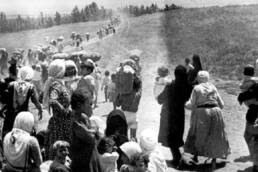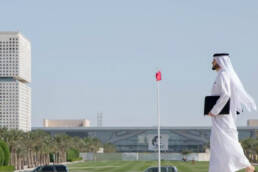Notes:
(*) Contemporary Arab Affairs, Vol. 10 No. 2, April 2017; (pp. 256-285) DOI: 10.1080/17550912.2017.1302059
Published By : University of California Press Journals
Copyright & Usage : © 2014 The Centre for Arab Unity Studies
We appreciate your support
SUPPORT THE CENTRE FOR ARAB UNITY STUDIES
The Centre is reaching out for its friends and readers for support, whether by ordering our publications and paying for them in hard currency, or through donations. The Centre welcomes any support to boost its resiliency, to ensure its survival, the continuation of its legacy and its commitment to tackle issues facing the Arabs and the Arab world.



